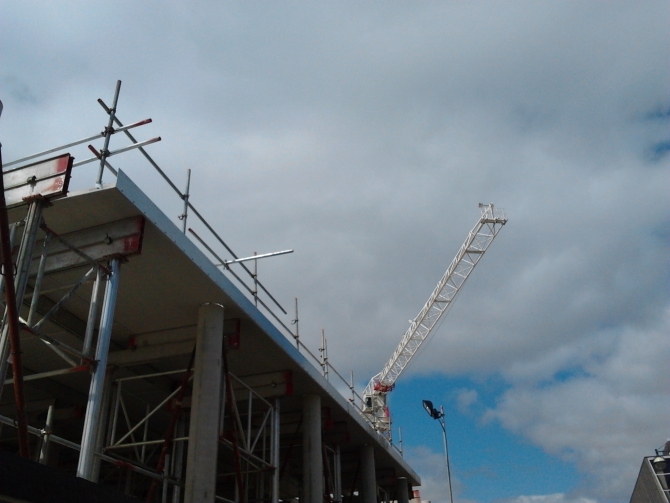Following a surprise slowdown in construction activity recorded during the past three months, building firms are voicing concerns over a skills shortage which could impact on both residential and commercial development.

This problem is especially pronounced in the West Midlands according to the latest UK Construction Market Survey by property industry body RICS.
During the second quarter of 2014, RICS found that 64 per cent of the region’s respondents believed that there are not enough quantity surveyors to rise to the challenges of numerous development programmes in the pipeline. As this figure came in at only 43 per cent in the first quarter, the survey has demonstrated the urgent need for firms to source talent in order to keep up momentum.
In addition, firms noted a lack of skilled workers able to conduct works on the ground, with shortages of bricklayers and managerial workers noted by 59 per cent and 51 per cent of firms respectively.
Overall, the survey demonstrates a level of concern regarding skills shortages which has not been seen since the pre-recession days in 2007.
Yet issues surrounding shortages of skilled workers were not the only inhibitors of growth highlighted by the survey, as many of the firms questioned also struggled to source key building materials at a reasonable price during the quarter – brick imports, for example, rose in price by 63 per cent year on year.
RICS Midlands spokesperson and managing director at Wakemans, John Woodhall, believes that firms will have to adapt to these conditions for some time to come.
He says; “Skills shortages and rising costs are likely to be with us for some time as the market continues to improve.
“The recent sharp rise in the rate of UK inflation – the consumer price index rose from 1.5 per cent in May to 1.9 per cent in June – may lead to a rise in interest rates in the coming months which could in turn slow down rising house prices.
“It is the residential market which has been feeding the growth with the commercial and industrial sectors following.”
It is possible that the factors highlighted in the survey have already begun to take their toll on the construction sector, with the three months to May bringing the sharpest slowdown in output seen in over a year.